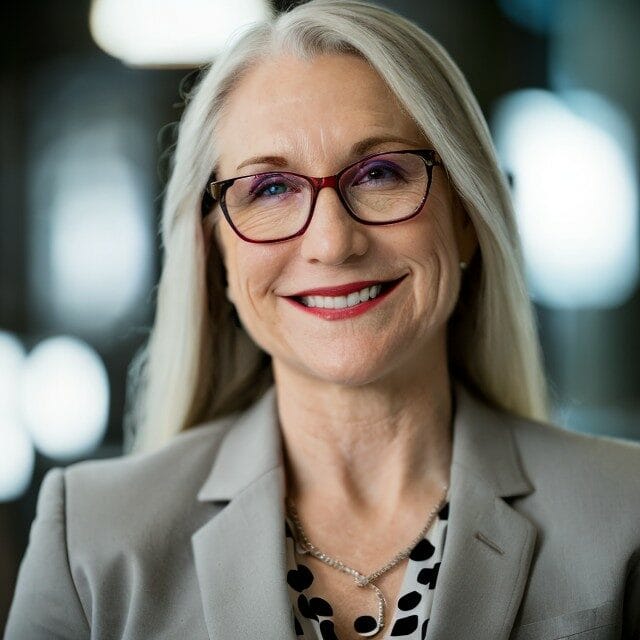Medical Leadership Milestone Highlights Progress for Women in Specialised Surgery
The evolving landscape of medical leadership, highlighting women's progress in surgical fields, challenges in academic medicine, and the importance of mentorship and research in shaping the future.

The landscape of specialised medical leadership continues to evolve, with recent achievements highlighting the gradual but significant progress of women in traditionally male-dominated surgical fields. Despite women comprising only 17% of orthopaedic surgery residents as of 2021, trailblazing female specialists are increasingly breaking barriers and ascending to prominent leadership positions.
Breaking New Ground in Paediatric Orthopaedics
Paediatric orthopaedics has emerged as a particularly bright spot for female representation, with women making up 34% of practitioners in this specialised field.

This higher representation, compared to general orthopaedics, suggests a shifting tide in certain surgical subspecialties.
The significance of this evolution is exemplified by Dr Frances Farley’s recent recognition with the prestigious Distinguished Achievement Award from the Pediatric Orthopedic Society of North America. As only the second female recipient since the organisation’s founding in 1984, this honour reflects both individual excellence and broader progress in the field.
Challenges and Progress in Medical Leadership
Recent studies indicate that women in academic medicine, despite demonstrating equal dedication and aspirations as their male colleagues, often face additional hurdles in achieving leadership roles. According to research published in Frontiers in Surgery, success metrics for physicians include research productivity, salary and leadership positions – areas where gender disparities persist.
‘I am incredibly honoured to receive the POSNA Distinguished Achievement Award, and humbled to have been recognised among so many deserving colleagues’, Dr Farley noted. Her career spans more than two decades, including 18 years as Chief of Pediatric Orthopedic Surgery at the University of Michigan C.S. Mott Children’s Hospital.
Impact Through Research and Mentorship
Beyond clinical excellence, leadership in medical research plays a crucial role in advancing the field. With over 200 published works to her name, Dr Farley represents the vital contribution of female leaders in shaping future medical practices through scholarly work.
The importance of mentorship cannot be overstated, particularly in specialties where women remain underrepresented. Recent studies show that orthopaedics maintained the lowest proportion of full-time women faculty across all academic medical departments at 19% in 2019, highlighting the ongoing need for leadership development.
The Future of Medical Leadership
As healthcare organisations increasingly recognise the value of diverse leadership, initiatives supporting women in medicine continue to expand. Dr Leslie Stewart, Chairman of the Board of Trustees for Shriners Children’s, emphasises this evolution: ‘Her leadership inspires our entire team to push the boundaries of what is possible, ensuring that every child we serve has the opportunity to thrive’.
The recognition of accomplished female leaders serves as both acknowledgment of individual achievement and inspiration for future generations. As recent analyses suggest, addressing representation in leadership roles remains crucial for changing professional culture and creating sustainable progress in medical specialties.
With continued focus on mentorship, research opportunities and leadership development, the medical community moves closer to achieving genuine equity in its highest ranks. Through these efforts, the path becomes clearer for talented practitioners of all backgrounds to reach their full potential in service of patient care.
Do you want to share your story and inspire our readers ? Make The GOOD NEWS with us . Let’s start paving the way for a fairer, happier society together!





